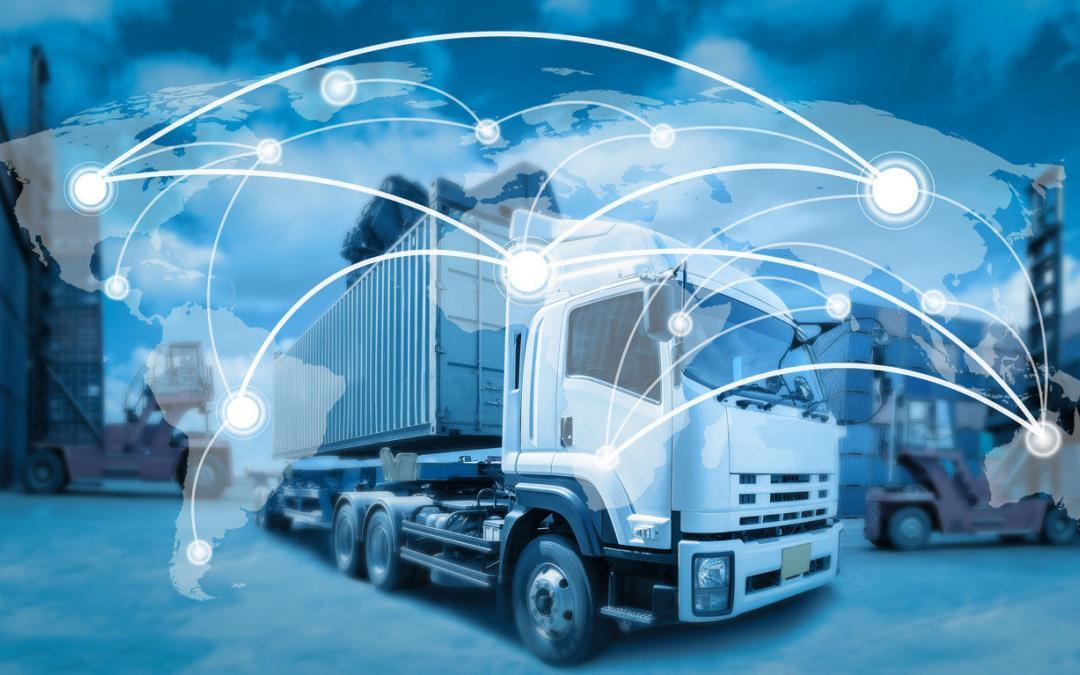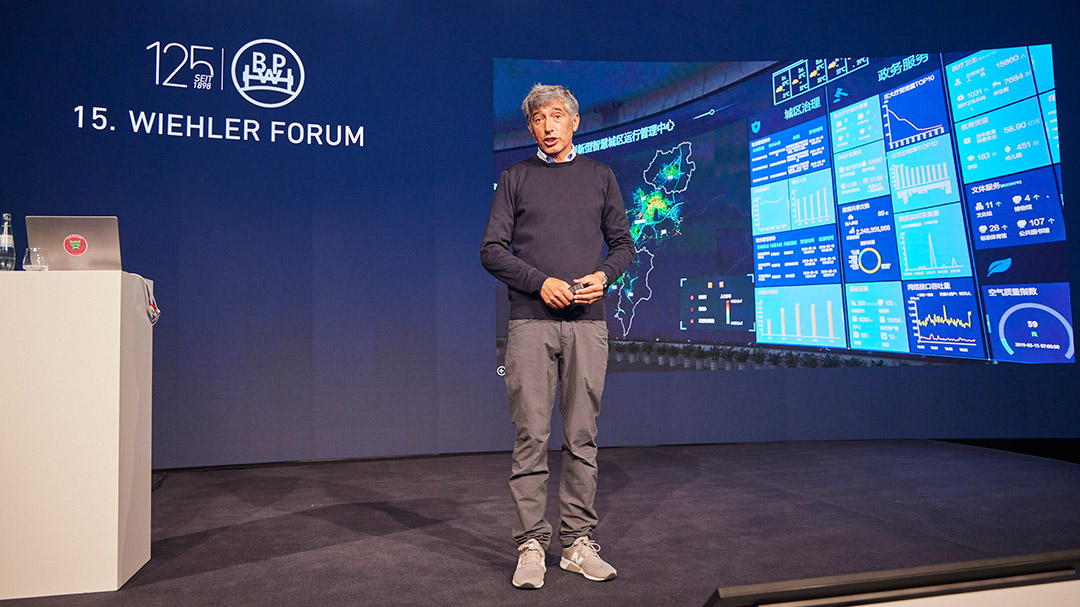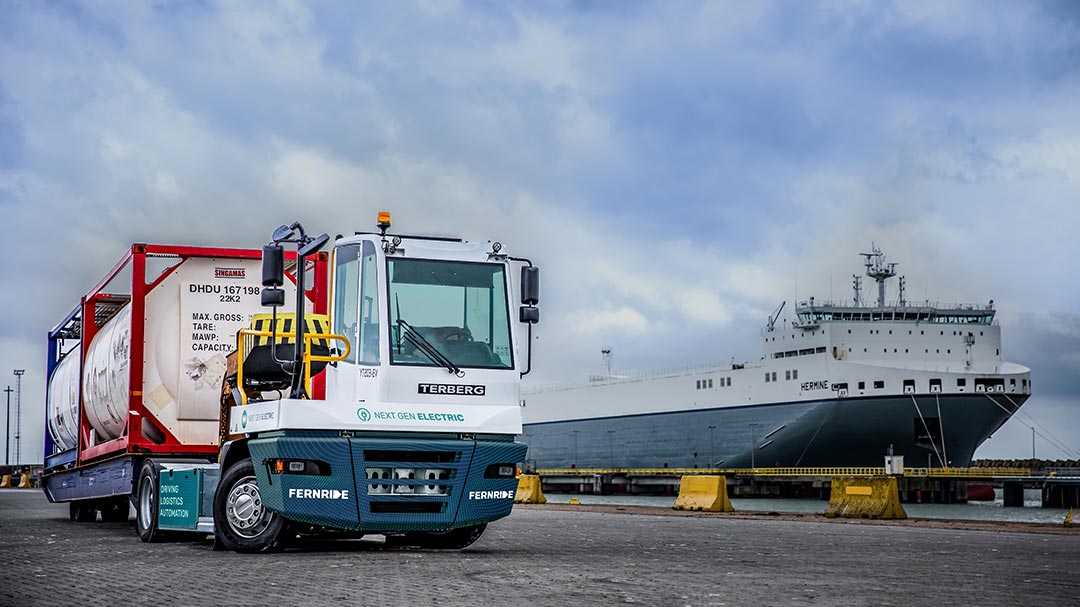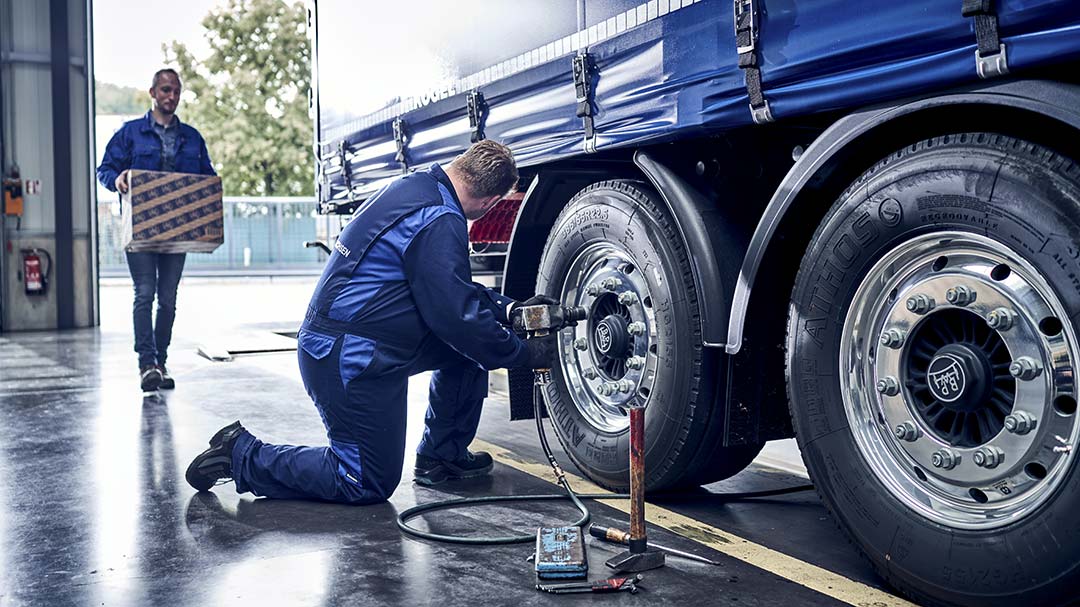Text: Oliver Schönfeld
Photos: Hellmann Worldwide Logistics, AdobeStock – kamonrat, Norman Posselt – Federal Ministry of Education and Research, Osnabrück University of Applied Sciences
Digital transformation is much more than just technology hype. It is putting nearly everything to the test – business models that have been successful for decades as well how we interact with one another in society. To what extent can a social market economy thrive in the face of digitised logistics? What opportunities does Europe have in the clash of economic systems between the USA and China? And how can logistics companies handle these upheavals?
Artificial intelligence: A turbo booster for digitised logistics
»We need to find our own way in Europe to remain competitive and preserve our values.«
Dr Herbert Zeisel, head of the sub-department ‘research for digital transformation’ (Forschung für den Digitalen Wandel) at Germany’s Federal Ministry of Education and Research

USA vs China: battle of the economic systems
Issues such as data protection and the security of our data are in danger of being undermined in this economic war – as are the achievements of the social market economy, Dr Zeisel warns: ‘In Europe, we need to find our own way to remain competitive and preserve our values. There is currently no sign of a winner in this clash of economic systems.’ According to the expert, this means it is all the more important to oppose the United States and China with a third position: ’We have to set our own standards for how we handle data. To achieve this, we should form a coalition of the willing.’ In addition to Europe, the undersecretary includes Japan, Canada and the Asian economic powerhouse Singapore among the potential members of this alliance. Only the coming years will show how realistic this idea is.
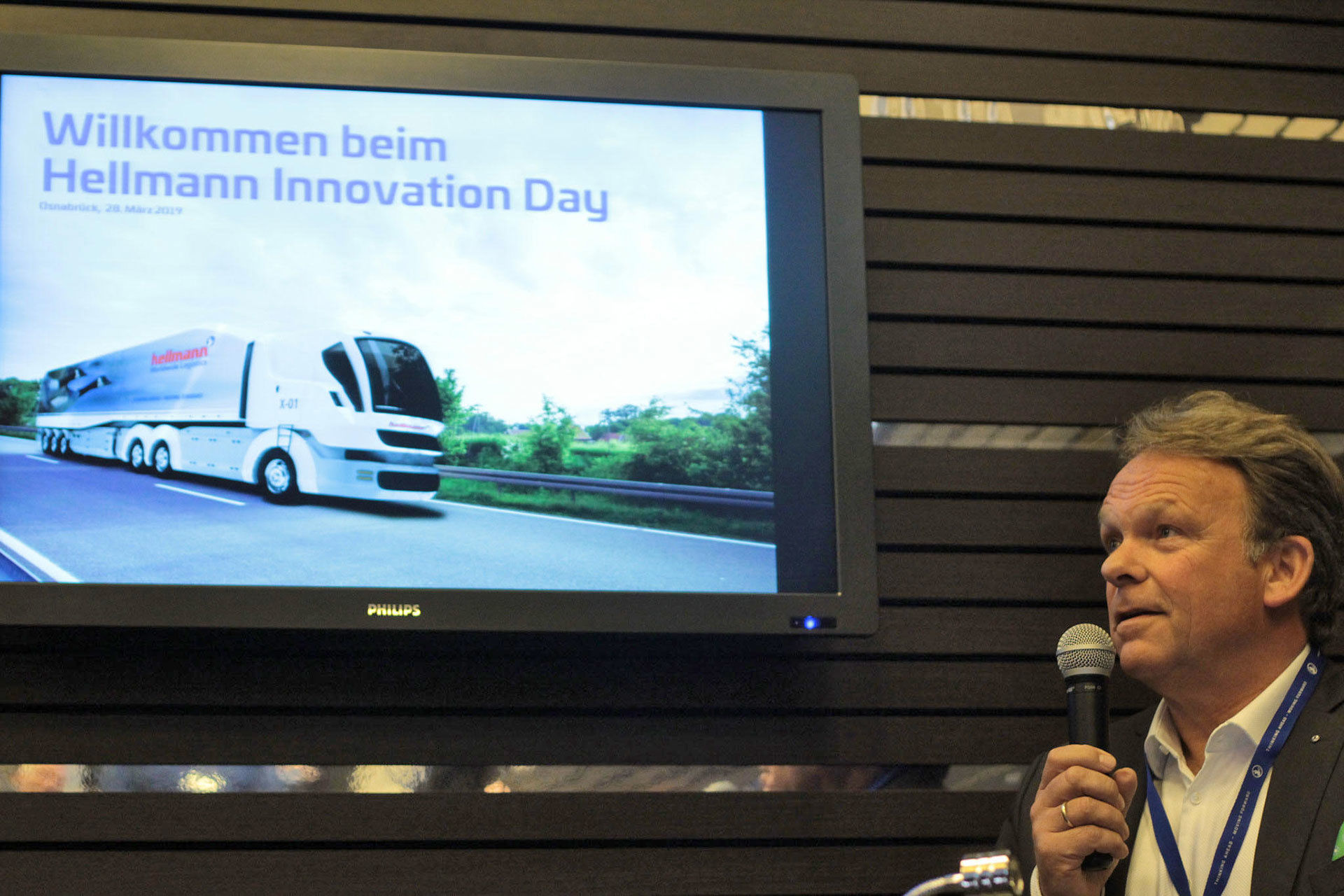
Reiner Heiken, CEO of Hellmann Worldwide Logistics, welcomed around 150 participants to the logistics service provider’s first Innovation Day in Osnabrück.
Digitised logistics: four megatrends are driving the changes
Blockchain technology
Robotics
Artificial intelligence
Big Data
»The logistics processes of tomorrow will be more sustainable, customised, connected and automated.«
Professor Michael Schüller, Osnabrück University of Applied Sciences


